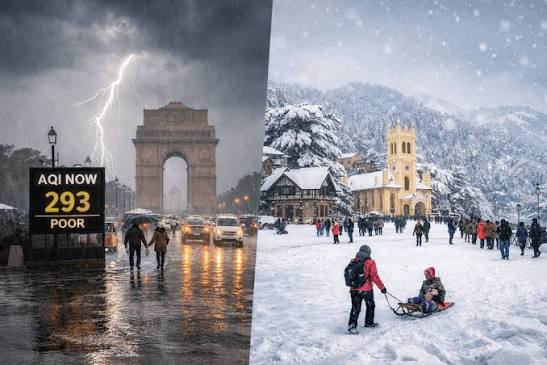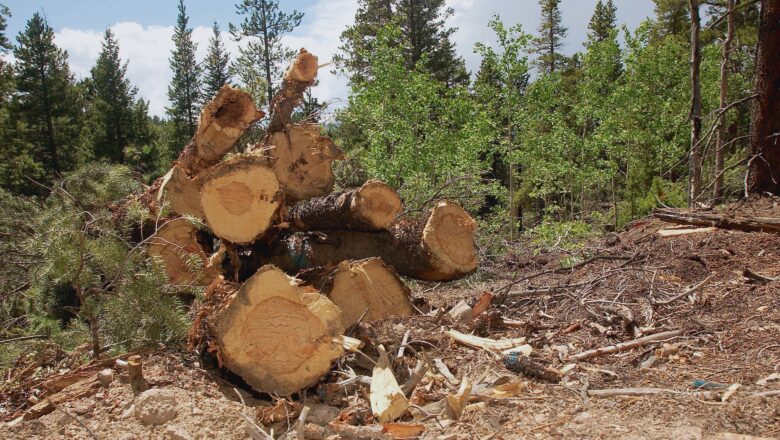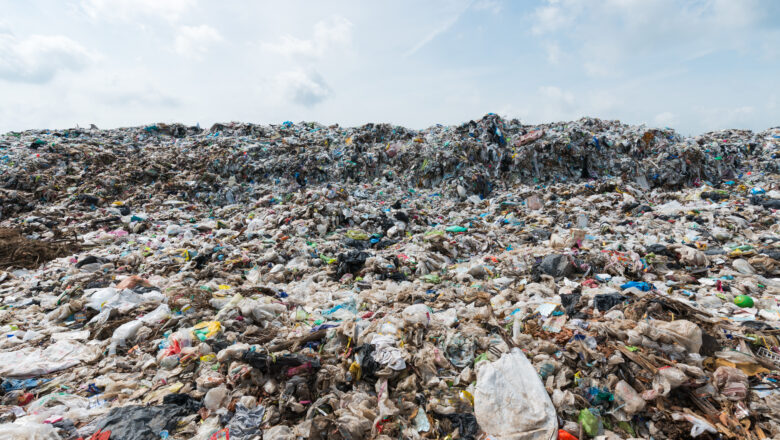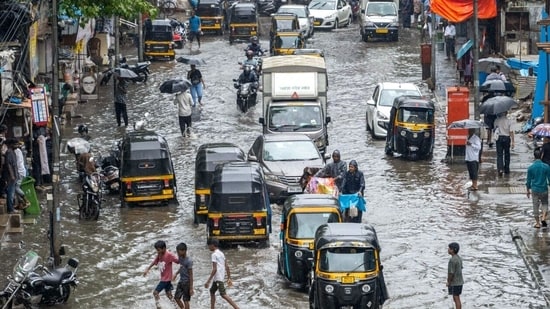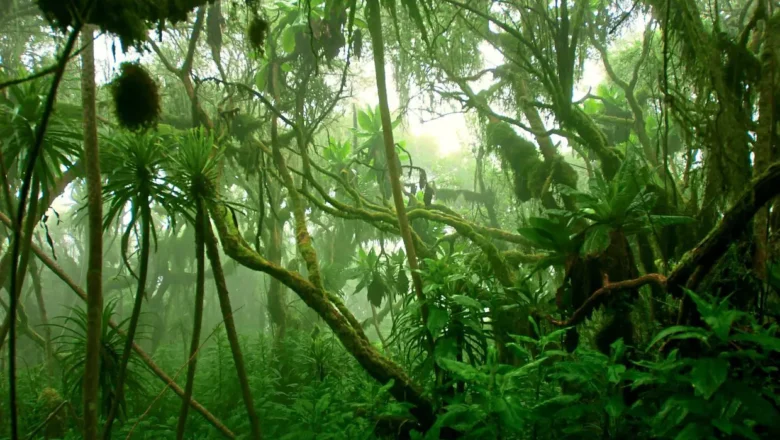
Global Study Warns Forest Resilience Weakening as key Tree Species Vanish
Forests across the world are undergoing a subtle but profound transformation, one that scientists warn could permanently weaken their ability to support life on Earth. A large international study has found that many forests are losing their most ecologically valuable trees and becoming increasingly dominated by fast-growing, generalist species. While these changes may appear gradual, researchers say the long-term consequences for biodiversity, climate regulation and ecosystem stability could be severe.
Trees play a foundational role in sustaining life. They absorb and store carbon dioxide, stabilize soils, regulate water cycles and provide habitat for countless species of animals, fungi and insects. Forests also support human societies by supplying timber, food, shad...


